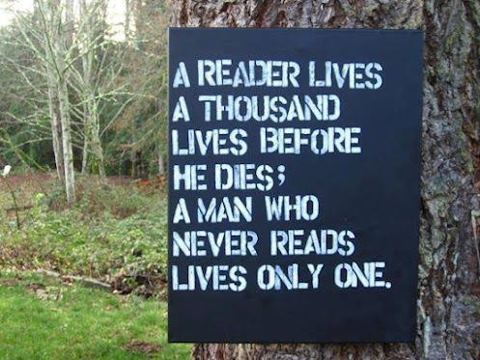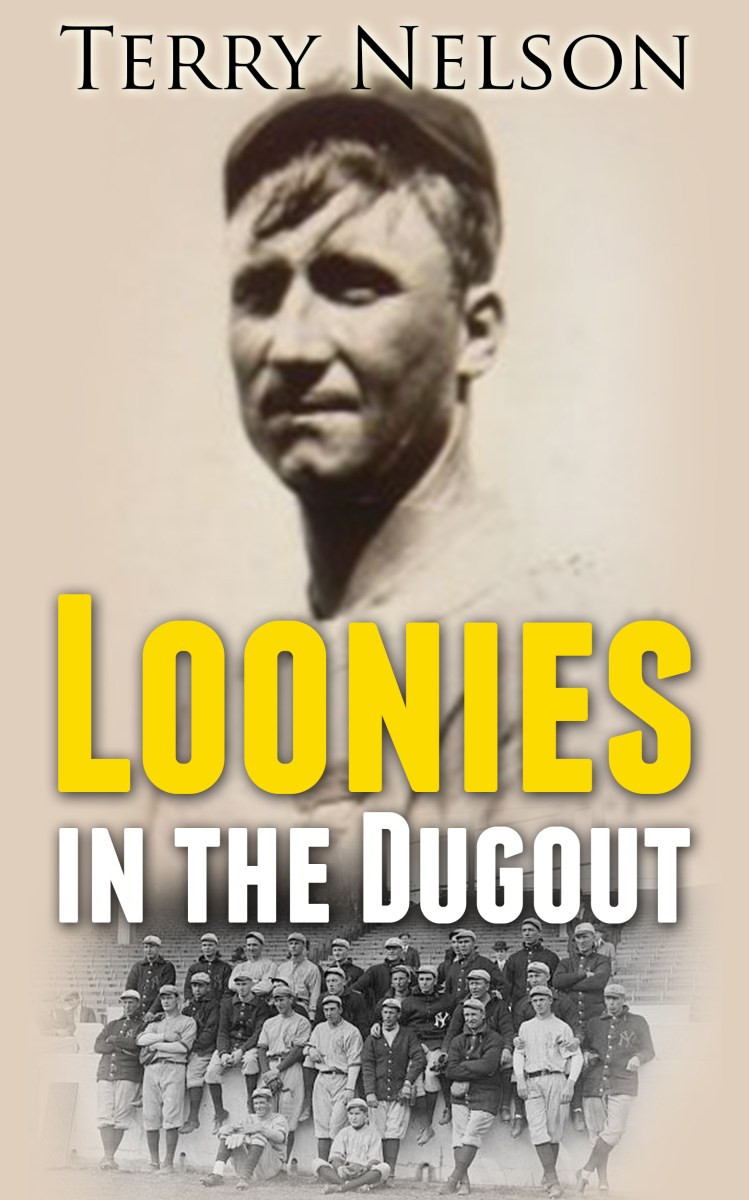I am not dead, not anymore anyway. My previous blog was October 18th. Around that time I had a medical issue that put me down for over a month. It affected my brain and my legs. Recovery was slow and in truth, still am recovering, but have progressed well thanks to meds, exercise, and diet.
Though I took time off from blogging I used the time to finish my latest e-book for Amazon, though I have yet to push the publish button. Will do so soon.
When your body betrays you many things start weighing on your mind. Like making out a will in which you are making uncomfortable decisions. I want to take everything with me; I still have a ton of unread books and cool collectibles. Why do I have to designate who gets what? Without a radio, TV, or Internet how do I keep abreast of baseball and hockey? Making out a will is like giving up, not only your stuff, but signing away your life. It’s an admission you can’t live forever.
Then other things creep into your mind to weigh in on, like checking on burial vs. cremation by talking with mortuaries and cemeteries. Like how soon will the end come and if it doesn’t come, can I get my money back. Dying is expensive. Maybe I should go into the mountains, lie down, and wait for bears or cougars so I can provide a meal for creatures of the woods and be recycled into nature.
I can joke about it now, but that first month was filled with depression. I hated my body and its betrayal. I only went to the doctors office and the grocery store. I saw no friends. Only took phone calls and communicated by email and texts.
Today I check the obituaries in the newspaper to see if I have passed on yet. For all I know, I could be a ghost. It doesn’t hurt to check the paper to double check.
Besides finishing my book, I started to research my next project. It will require a lot more research. But I have finished the first chapter. So feel good about that.
We all know the end will come, our life will end. But when young we ignore it and rightly so. In order to function, in order to truly live we must believe we are immortal. Death is for others, not me. If we didn’t believe that we’d go nuts.
I’m older now, there are more years behind me than ahead of me. But I still think I will continue to live even with my recent issues. It keeps me going. 


